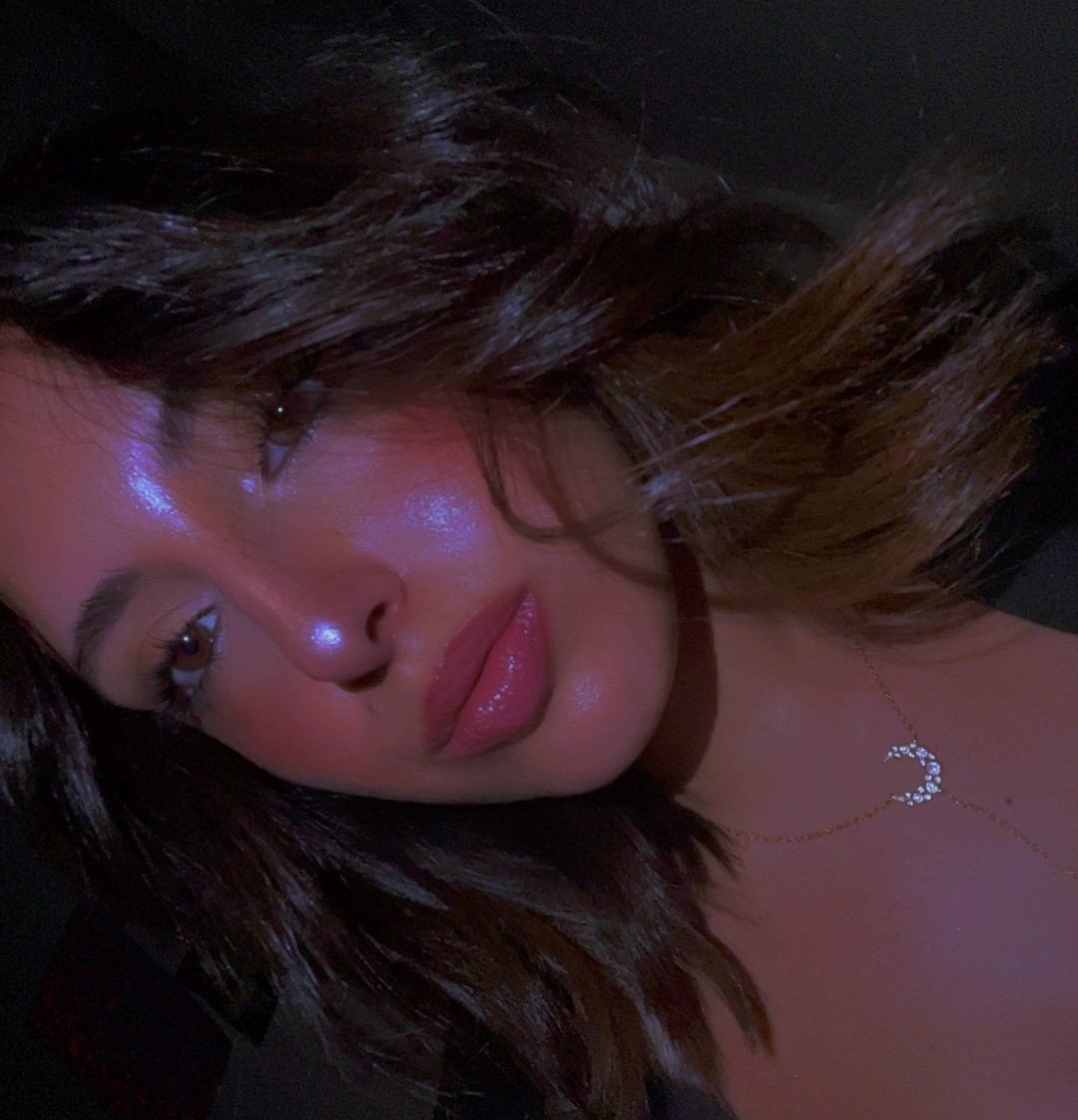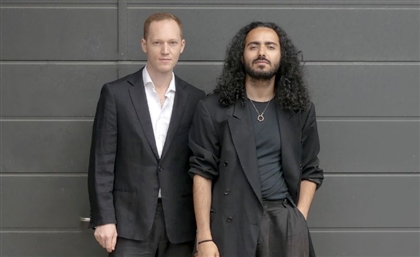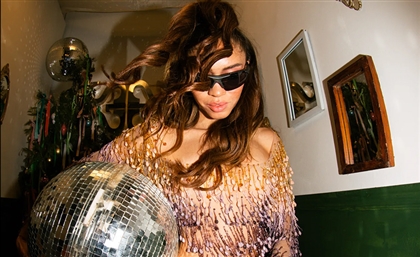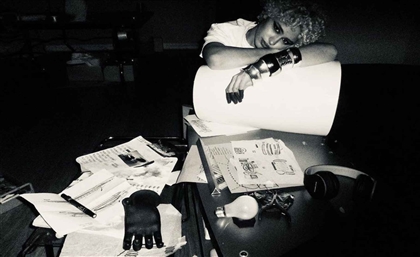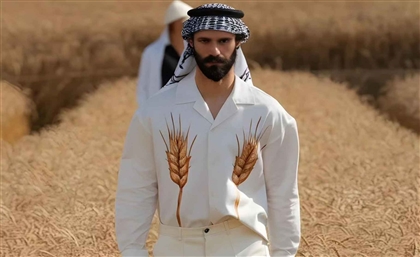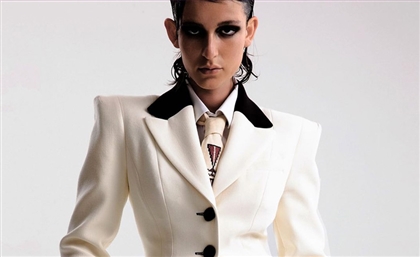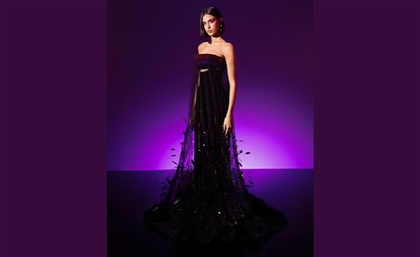How Egyptian Model Sohaila Kandil Climbed Every Global Fashion Stage
Cairo’s very own Sohaila Kandil has graced the campaigns of major names like YSL, Jean Paul Gaultier, Fendi and Bulgari.
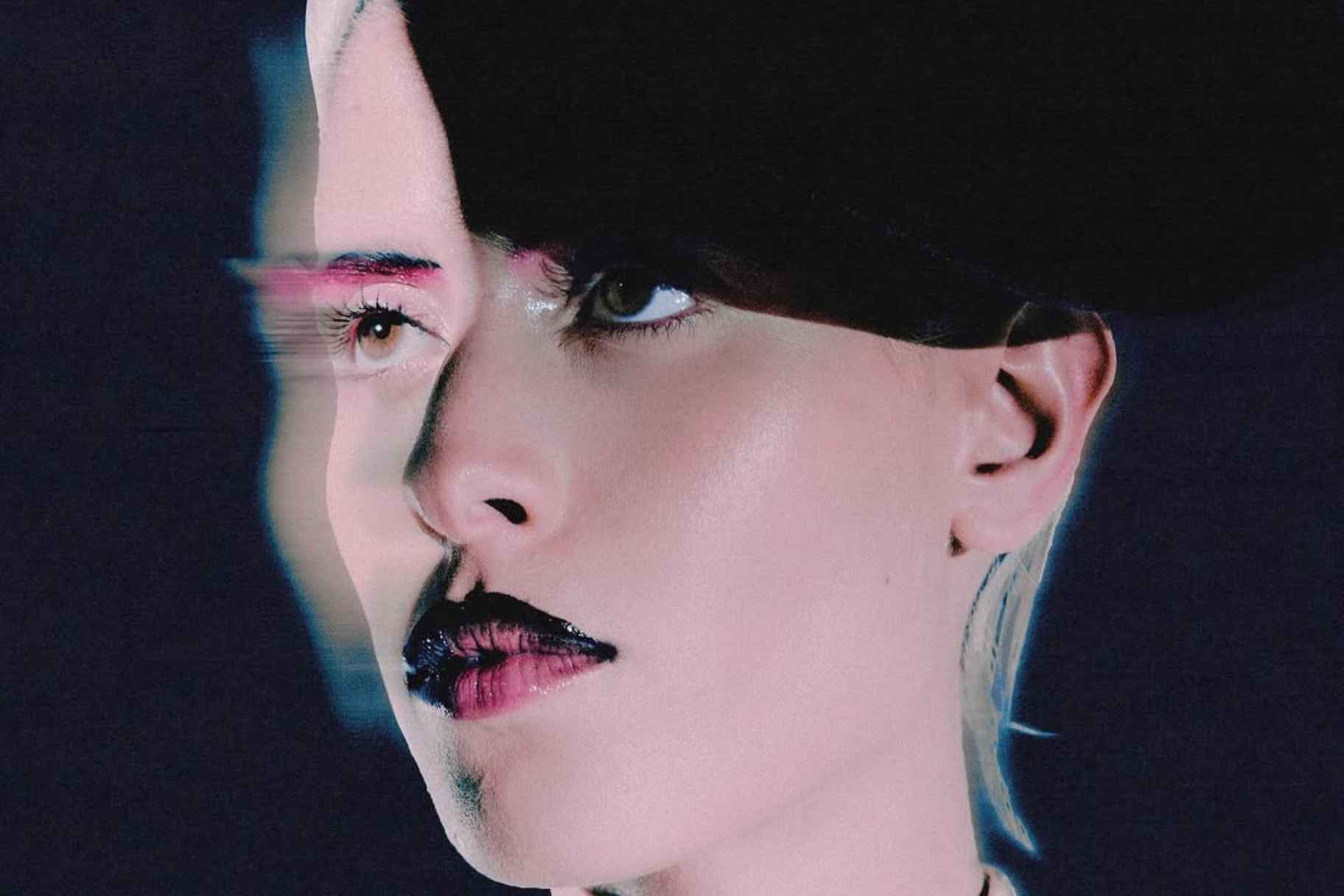
At just twenty-four, Sohaila Kandil has already caused a ripple in the MENA modeling world. Hailing from Egypt and currently based between Dubai, Paris, New York, London and Cairo, her journey began at a young age, following in her sister's footsteps, who’s also a model. Although she started modeling as a child at the tender age of eight, it wasn't until she was fifteen that she decided to pursue it professionally. Since then, she's worked with luxurious fashion houses like YSL, Mugler, Fendi, Bulgari and Jean Paul Gaultier. “It’s just another day at work,” Kandil tells SceneStyled
“They gave me trust and creative freedom to do what I wanted,” she tells SceneStyled. As a freelance model, Kandil values her independence above all else. “I appreciate having full control over my career, which allows me to shape my personal brand and select projects that resonate with my vision,” she explains, highlighting how a number of modeling agencies and managers prioritize profit over the long-term well-being and image of their models. They may focus on securing as many bookings as possible, regardless of the quality of the opportunities involved, leading to models being exploited, overworked or placed in situations that compromise their professional integrity.
-54325af8-c41f-469e-ad33-134d4447c0fb.jpg)
Growing up, Kandil was always drawn to the bright lights of fashion, and today, this passion has imprinted onto her personal style. Kandil's signature look is her short buzz cut or pixie hairstyle, a choice that reflects her preference for comfort and freedom rather than an elaborate aesthetic. “I’m just not the biggest fan of hair,” Kandil tells SceneStyled.
These days, Kandil has ditched the short buzz cut, and is rocking the bob. From the likes of French fashion designer Coco Chanel and American actress Louise Brooks, the bob— much like the pixie— is also a symbol of liberation and defiance, with its natural rejection of traditional gender roles. While shorter hair might seem as a hindrance when it comes to modeling and client demands, Kandil proves it can be a powerful statement of individuality and attitude, attracting the modern-day, edgy brand.
-67a2d406-6ea0-4cde-b41f-db7f540bc99e.jpg)
Besides her distinctive appearance, Kandil also maintains a very eclectic personal style. Described online as effortlessly stylish and frequently spotted on ‘best dressed’ lists, Kandil tends to add a trace of drama to her outfits with statement designer purses, big chokers or dangly earrings, and elements like pattern-mixing, sparkles and lace.
“I feel more seen in Dubai,” she reveals. To Kandil, Dubai offers a sea of opportunities that have allowed her to pursue her dreams of modeling with high-profile brands. “You have to get thick skin and be firm and opinionated about what you need before the shoot," she explains, as an Egyptian model constantly facing many logistical hurdles between the UAE and Egypt. “It can come off as entitled, but it's essential to avoid being taken advantage of in this industry.”
-ca4b5765-5f56-4373-b03b-25ad274eeb21.jpg)
When it comes to preparing for a photoshoot, Kandil prefers a spontaneous approach. "I don’t really prepare before a shoot," she shares. Instead, she relies on mood boards to understand the designer's vision. From the designer’s vision to the photographer’s angles and the stylist’s input, creative collaboration is the backbone of the fashion industry in Kandil’s eyes. “It’s a full-circle situation.”
Kandil’s career has also taken an exciting turn beyond modeling, embracing roles as an art director, stylist, and producer. Each of these positions has shaped and informed her approach to fashion. Now, she’s eager to explore fashion design, the role that holds all the threads together in the realm of fashion, where she dreams of creating her own pieces from scratch as she ventures into starting her own brand.
-6b029eb4-877f-4967-8419-835d68a6cda6.jpg)
The model observes that the global representation of Middle Eastern and North African models has evolved over the years. This shift can be attributed to factors like growing cultural awareness, diversity initiatives in the fashion industry and evolving beauty standards. Platforms like Instagram and TikTok empower MENA models to build their own followings, making them more visible to industry professionals and brands from all around the world. Still, there’s more work to be done. "Those who scout should go to these countries and see for themselves what we have to offer," she suggests, advocating for a more grassroots approach to discovering talent.
Today, the focus is shifting towards unique attitudes and looks rather than Eurocentric features. Historically, the industry in the Arab world leaned heavily on foreign models, such as Russians and Eastern Europeans, favouring a narrow definition of beauty that emphasized the Western ideal of lighter skin and blonde hair. As conversations around inclusivity and authenticity gain traction globally, they’ve begun to influence perceptions regionally as well.

Both international and regional brands are beginning to recognize that consumers want to see authenticity and relatability in their advertising. Traits like natural hair, darker skin tones and a range of body types are increasingly celebrated today, showcasing the evolution of a broader societal shift towards embracing individuality, over a one-size-fits-all ideal.
- Previous Article EXCLUSIVE: We Got Ready With Saudi Actress Sarah Taibah
- Next Article Everything Egyptian Stylist Yasmine Kenawi Wore on Her Big Day
Trending This Month
-
Oct 11, 2025

